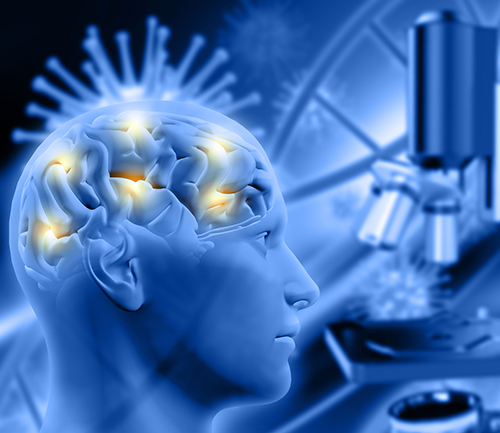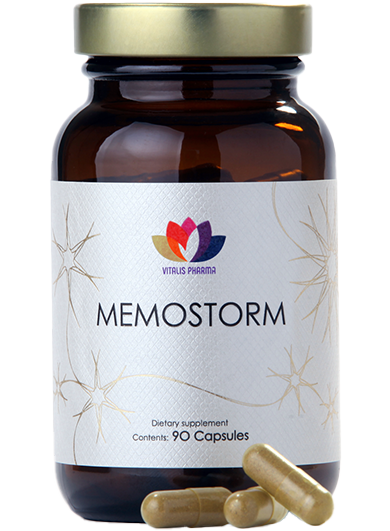Memory and Memory disorders
Memory is essential for human lives. It refers to the processes that are used to obtain, store, retain and later retrieve information. Human memory is the record of experience represented in the brain.
Without a memory of the past, we cannot operate in the present or think about the future. We would not be able to remember what we did yesterday, what we have to do today or what we plan to do tomorrow.
There are multiple forms of memory supported by different brain systems. Specific forms of memory are characterized by whether they last a short or long period, by whether they involve unique experiences or accumulated knowledge, and by whether memory is expressed explicitly – by conscious remembering or implicitly – through changes in the speed or performance in particular tasks.


Human memory involves both the ability to preserve and the ability to recover information we have learned or experienced. But this process is not flawless. Sometimes we forget things. Strong memory depends on the health and the vitality of the brain.
Memory problems can range from minor annoyances like forgetting where you left your car keys to major diseases, like Alzheimer’s and other kinds of dementia, that affect the ability to function and the quality of life.
Memory disorders are defined as suppressed cognition abilities leading to the worsened ability of reasoning and decision making.
Memory disorders occur when damage to certain parts of the brain prevents or reduces the ability to store, retain, or remember memories.
They impact cognitive capabilities and social behaviors, affecting language, problem-solving skills, and the ability to perform simple tasks.
Memory disorders can result from several factors including age, heredity, trauma, nutritional deficiencies, substance abuse, narrowing of the arteries that provide blood flow to the brain, cardiovascular disease, etc.
They can range from mild to severe and from progressive to immediate. Some types of memory disorders can appear suddenly, while others may be present years before symptoms become apparent.
More than 100 health conditions are associated with cognitive decline, the ability to reason, remember, make decisions and communicate.

READ NEXT: Dementia – a growing health and social problem
MEMOSTORM
MEMOSTORM provides strong memory support, promotes mental abilities, brain cell regeneration and well-being.
MEMOSTORM is a food supplement extracted from natural products.
MEMOSTORM is a food supplement registered in the EU and Switzerland.

